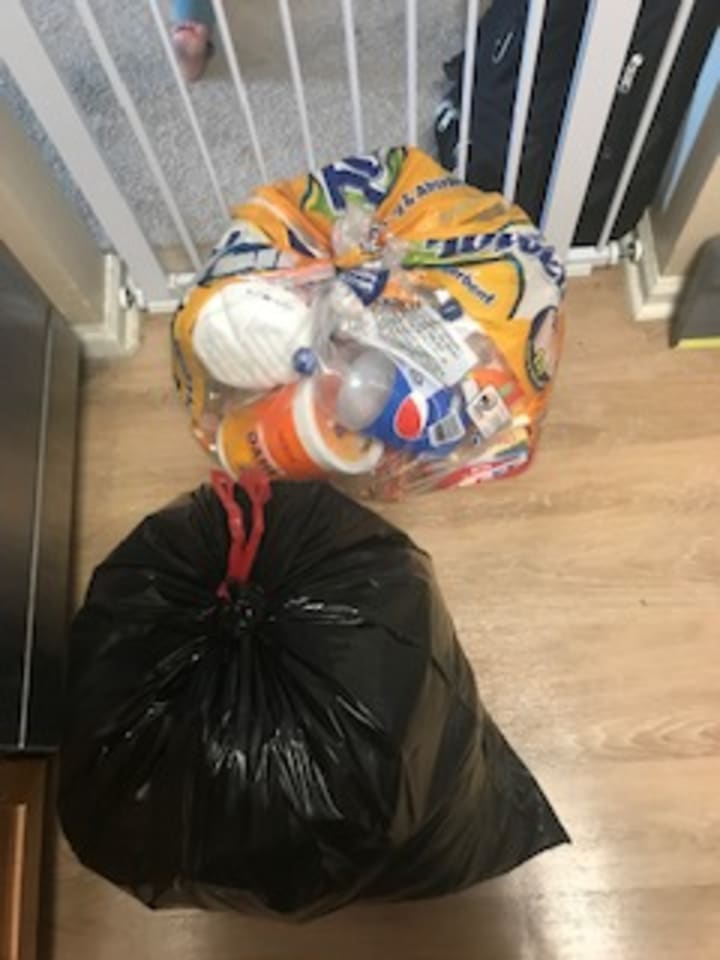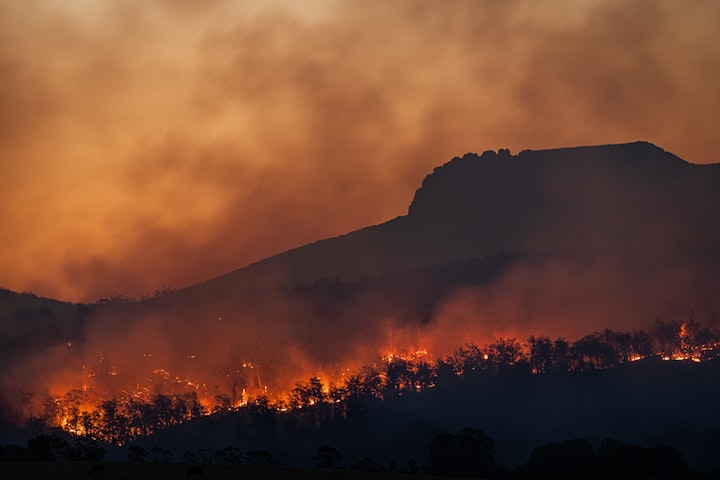What I Learned from My Hurricane Ida Experience
Tips to be Disaster-ready

I was impacted by Hurricane Ida. I live with my family in New Jersey, which is on the East Coast.
Because of its location, New Jersey is rarely directly hit by hurricanes though a few have made their presence known in the past[i]. In 2015, Hurricane Patricia visited with heavy rain and winds that felled trees and caused power outages and flooding across the state. Between 2016 and 2019, the remnants of various hurricanes caused similar minor damages in the State. In 2020, however, some deaths were recorded as a result of Hurricane Fay.
It is easy to become complacent when things don’t usually affect you and I think to some extent that was what happened in this case. I have lived at my apartment complex on and off since 2015. We would always receive warnings about potential flooding from hurricanes but were usually not affected even though we live close to the Raritan River along Route 18.
On the morning of September 4, 2021, I was up early getting my son ready for his first day of in-person classes at kindergarten. The night before, I had seen the usual warnings about heavy rain and winds associated with the Hurricane but felt it would be the same as previous years. Boy, was I wrong!
Throughout the night, I’d heard sounds from the emergency services vehicles but that was not too unusual. In the morning, my son had just finished breakfast when we lost power. I looked out the window of our fourth-floor apartment and noticed the police had blocked off one end of the street. The other end of the street was partly flooded, and I would come to learn later that the underground garage of our building was submerged under 5 feet of water.
I quickly messaged my son’s school to say he would not be showing up and was told the school was closed due to inclement weather. Shortly after, I received an email to evacuate the building immediately. There was no time to pack anything so we just grabbed some snacks, got the kids ready, and left the building. We were then told we would have to go to a nearby shelter at Lord Stirling Elementary where the school gym had been converted to an emergency shelter for displaced people in the area.
After an hour, our building managers informed us the Raritan River was still rising so the power, elevator, and fire alarm systems located in the garage had been turned off because they were all underwater. This meant we couldn’t return to the building until the floodwater receded. We were told to stay in nearby hotels and would be reimbursed for our stay or given renters credit if the insurance provider didn’t reimburse our claim.

Our building managers did a fantastic job keeping us updated on progress and also provided a list of hotels. However, because our general renters' insurance does not cover flood and the building management later changed their minds about reimbursement or renters’ credit, we had to pay over a thousand dollars to cover our hotel stay.
Thankfully, we are back home now and have gotten rid of all the spoiled food items, and settling back into our daily routine.

I have learned a few things from this experience and would recommend the following tips:
- In all things, give thanks! Our situation could have been worse than it was. We are still alive and healthy. Some were not as fortunate; 27 people lost their lives during the floods, and some are still missing
- Have a grab-and-go bag ready to go: Make sure to have a change of clothes and toiletries packed up and ready. This was the first time we had to be evacuated so we didn’t know what to expect. We only grabbed our backpack with some food for the kids, thinking we would be back in a few hours. The fire service only allowed residents back into the building for a few hours two days later to grab some items. My partner was able to grab clothes and move things around in the freezer to make space for some stuff from the fridge but there was not enough time to pack everything especially as we are on the top floor so there was a limit to how much he could lug downstairs.
- Make sure your renter’s insurance actually does what it is supposed to. Renters insurance is a policy meant to cover personal liability, among other things depending on the policy type. We have used the same policy for years with no issues until this happened. We found out the hard way that flood and other events were not covered, which meant our hotel stay and all the groceries and foodstuff in the fridge we lost would not be reimbursed.
- Don’t always believe what your building management says in the first instance. Have them put it in writing first, if possible. We were informed the building management would reimburse or provide rent credits to residents. A few days later after we returned home, we got an email informing us there would be no reimbursement or rent credit at this time.
I’d love to hear what other tips you have adopted to be ready for situations such as these in the future.
About the Creator
YomOg
Sustainability advocate|Mommy of 2| Just a person coming into her own as a writer/artist| I write about whatever pops into my head when I'm awake at 3am







Comments
There are no comments for this story
Be the first to respond and start the conversation.